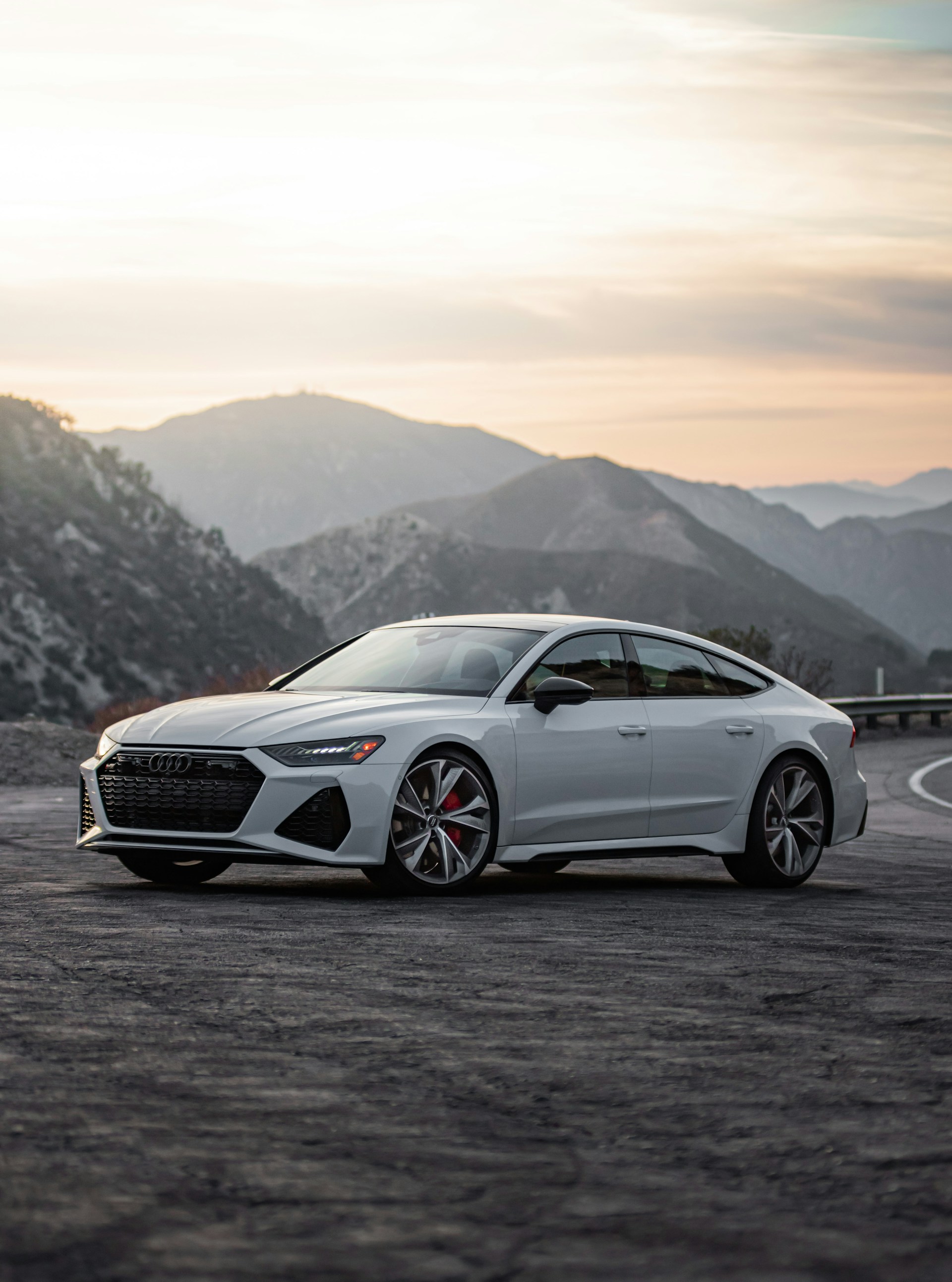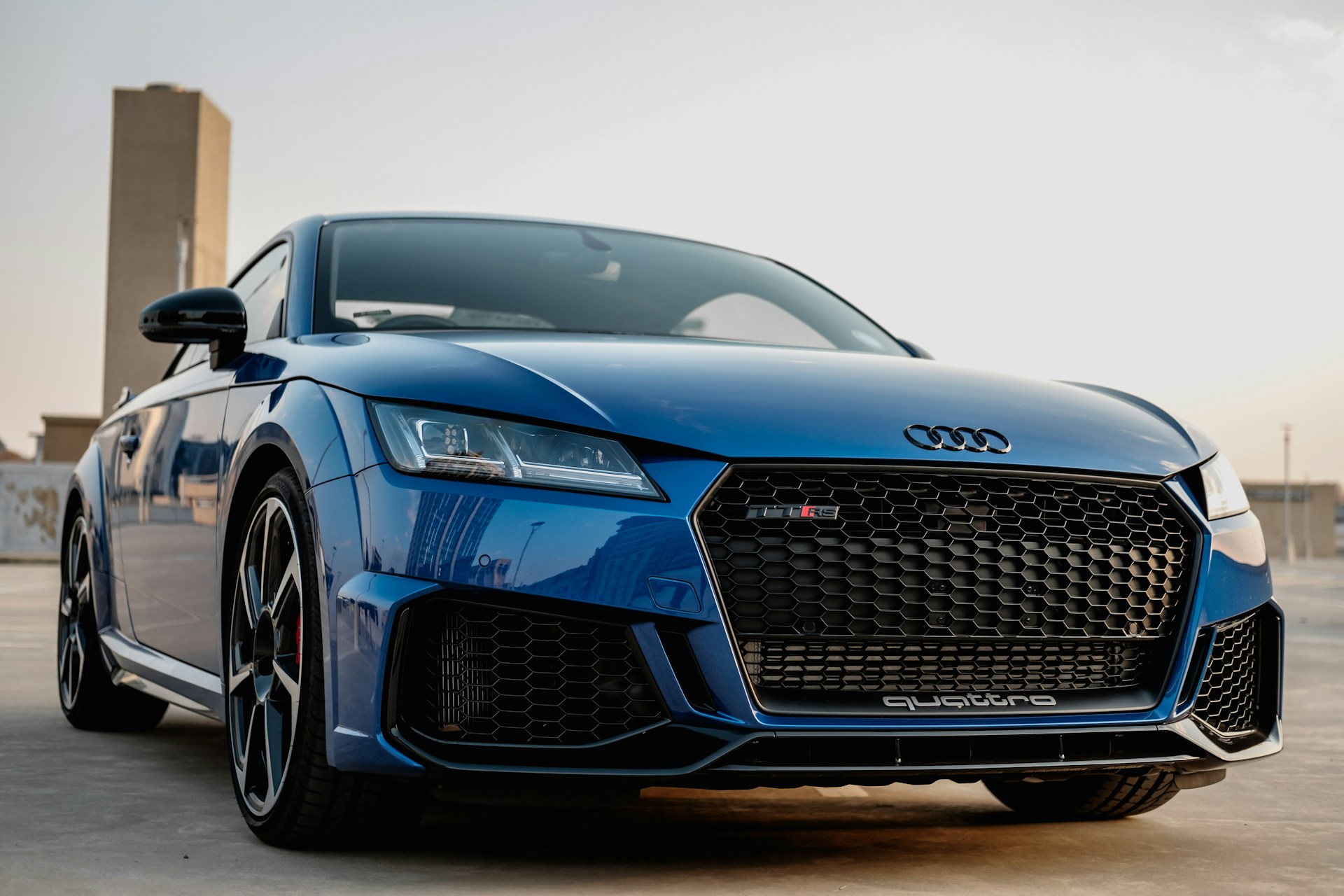The Truth About Value, Longevity, and the Cost of Peace of Mind 112

A car isn’t just a ride. It’s a recurring cost, a moving asset, and a daily decision wrapped into one. And when it’s time to buy, the question isn’t just *what kind of car* — it’s *how new?*
That shiny showroom scent is seductive. But the right choice? It’s not about gloss. It’s about math, mindset, and the long road ahead.
The truth is: both new and used cars can be smart — or expensive — depending on how you buy, what you drive, and how long you keep it. So, what really saves you money?
The Myth of the "Better Deal"
New cars come with peace of mind. Warranties. Zero-mile odometers. Technology so fresh it doesn’t even have bugs yet.
Used cars come with character. A lower price tag. Slower depreciation. And if you choose right, they deliver 90% of the value at 60% of the cost.
But here’s the catch: the real cost of a car isn’t just the sticker price. It’s the **total cost of ownership** — depreciation, maintenance, insurance, fuel, interest, and time.
A cheap car isn’t always affordable. An expensive one isn’t always wasteful. The win is in the whole picture.
Depreciation: The Silent Expense
Let’s talk about what happens the moment you drive off the lot in a new car: it loses value. Fast.
On average, a new car loses **20%–30% of its value in the first year alone**. After five years, it’s worth about **40% of what you paid** — even if it’s in perfect condition.
Used cars, especially those 2–3 years old, have already taken that hit. What you’re paying for is closer to the car’s true market value. That means your money stretches further — and your resale losses are smaller.
Want to play it smart? Look for cars with historically slow depreciation — like Toyota, Honda, Subaru, or Lexus. Reliability holds value.
Repairs vs. Warranties: The Fear Factor
New cars are predictable. For the first few years, most major issues are covered under warranty. That’s peace of mind — and sometimes, that peace is worth the price.
Used cars? They can be hit or miss. If you’re not careful, you could end up with repair bills that wipe out your initial savings. But if you buy a certified pre-owned (CPO) vehicle or get a third-party inspection, you reduce the risk dramatically.
Some used cars are so well-maintained they feel brand new — without the anxiety of first-year depreciation. It's about *how* it's been driven, not just *how far.*
Peace of mind isn’t free. But with the right due diligence, you don’t have to overpay for it either.
Insurance, Interest & Fees
Here’s what most people forget: new cars often cost more to insure. Higher value means higher premiums. And if you're financing, your lender may require comprehensive coverage.
Used cars? Lower insurance rates. Lower registration fees. Sometimes, even lower sales tax.
Financing also differs: banks often offer lower interest rates on new cars — but that’s not always a better deal. A low rate on a high principal can still cost more than a slightly higher rate on a cheaper car.
Tip: use a **car loan calculator** to see the full picture — not just the monthly payment.
Tech, Safety, and Fuel Efficiency
Newer cars come with smarter tech: lane assist, adaptive cruise control, automatic braking. These aren't just luxury perks — they save lives and money.
If you drive daily or have a family, some features might be worth the premium. But remember: cars from the last 3–5 years already include most modern safety features. And many are nearly as fuel-efficient, especially hybrid models.
 Newer doesn’t always mean better. The real value lives in how the car fits your life, your wallet, and your future.
Newer doesn’t always mean better. The real value lives in how the car fits your life, your wallet, and your future.
Used Car Red Flags to Watch For
If you’re going used, protect yourself:
- Get a **pre-purchase inspection** by a trusted mechanic.
- Check the **vehicle history report** (Carfax or AutoCheck).
- Avoid cars with **salvage titles**, flood damage, or excessive wear.
- Be wary of **"too good to be true"** prices — they usually are.
With the right strategy, a used car isn’t a gamble — it’s a smart play.
So... What Really Saves You Money?
If you're looking for the lowest **upfront cost**, go used — ideally 2–4 years old, certified, and with a solid maintenance record.
If you’re more focused on **long-term reliability**, low hassle, and financing perks — a new car might make sense, especially if you keep it for 7+ years.
But the true answer? It depends on your lifestyle, your tolerance for risk, and your attention to the long game.
Cars aren’t investments. But they are choices. And every dollar you save — or overspend — echoes down the road.
Final Thoughts: Buy With Eyes Wide Open
Don’t buy out of fear. Don’t buy out of hype. Buy with purpose.
A car is one of the biggest purchases most people make — second only to a home. But it’s also one of the most emotional. Take your time. Ask the hard questions. Run the numbers. And then ask yourself again: *Does this car fit my life, or am I trying to fit my life around this car?*
Want tools, checklists, and real-world insights to help you decide?
Visit mkpatu.com for money-smart auto guides and personal finance resources that help you move with clarity.
Was this post helpful?
Comments (0)
No comments yet. Be the first to comment!
Leave a Comment
Related Topics

How to Get More Views on TikTok in 2025
The Ultimate Guide to Boosting TikTok Views Organically and Strategically

Inside the Daily Routines of Discreet Millionaires
Quiet habits, consistent disciplines, and the invisible structure behind lasting...

The Millionaire's Addiction to Structure (and How It Creates...
While most chase flexibility, the wealthy chase systems — because real freedom d...

Stand Out Instantly: Mkpatu Offers Free Verification for All...
Get recognized instantly — Mkpatu is giving every new creator a free verificatio...

Instagram Threads vs X (Twitter): Which One Is Winning in 20...
Two microblogging giants, one algorithmic battlefield — who’s actually thriving...







